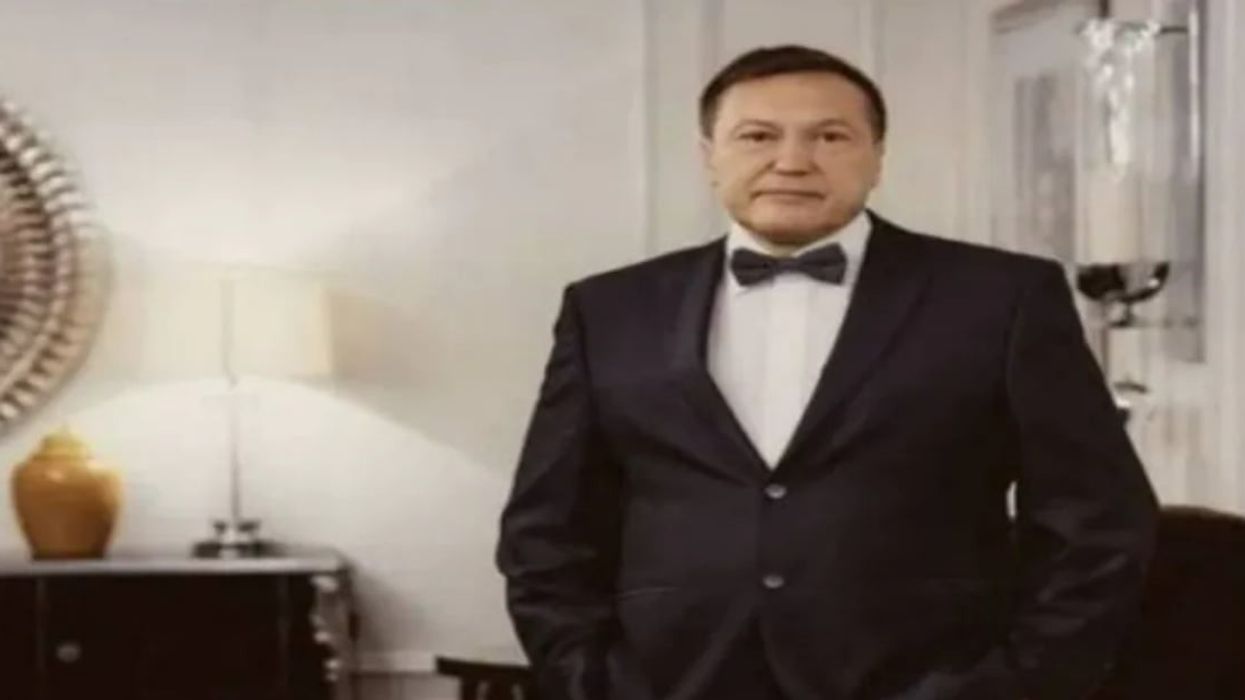Russian lawmaker Pavel Antonov, who was found dead in Odisha's hotel, has booked the trip to India under 'India Tribal Tour,' Delhi-based travel and tour company Trip India Private Limited said on Tuesday. In an exclusive interview with ANI, Pragya Chandra, director of operations of Trip India Private Limited said, "We have booked the trip for four Russian citizens under 'India Tribal Tour' which included some places of Odisha and few for in North East states and total trip duration was 14 nights and 15 days."
Responding to a question about whether he knows that a Russian lawmaker was on the trip, Chandra said, "Yes..! I was knowing that one out of four is a lawmaker (politician) of Russia but we treated everyone as a guest and we provide equal services to all."
The multi-millionaire was on vacation in the Rayagada region of Odisha where he was celebrating his 65th birthday. According to the police, he was allegedly found dead having fallen out of a third-floor hotel window.
This is the second death of Russian lawmakers within a week in the same Odisha hotel.
The Tour company came to know about the death of their guest through the hotel staff and guide. "We came to know about the death of our guest through our guide and hotel staff... later police came and started investigations," India's tour company said.
Primarily one of the Russian guests was declared dead due to a heart stroke after the post-mortem.
"One Russian guest was dead due to heart stroke as per Post-mortem," Pragya Chandra told ANI.
Four Russians have booked the package through phone and e-mail communication and there is a pending regarding the tour which is yet to pay.
Due to the current sanction on Russia by the United States, guests were not able to transact online payments for their tour booking.
"Russian guests were unable to pay us online due to the internet and fast money transfer issues in Russia and promised to pay cash in India," the Indian tour company said and added, "our money is still pending."
Four Russian guests, including a Russian parliamentarian, landed at Delhi airport in India on December 19 and headed to Odisha for the first leg of their tour.
Notably, four Russian tourists, including Vladimir and Anton, checked into the hotel on December 21 after visiting Daringbadi in the Kandhamal district.
(ANI)




